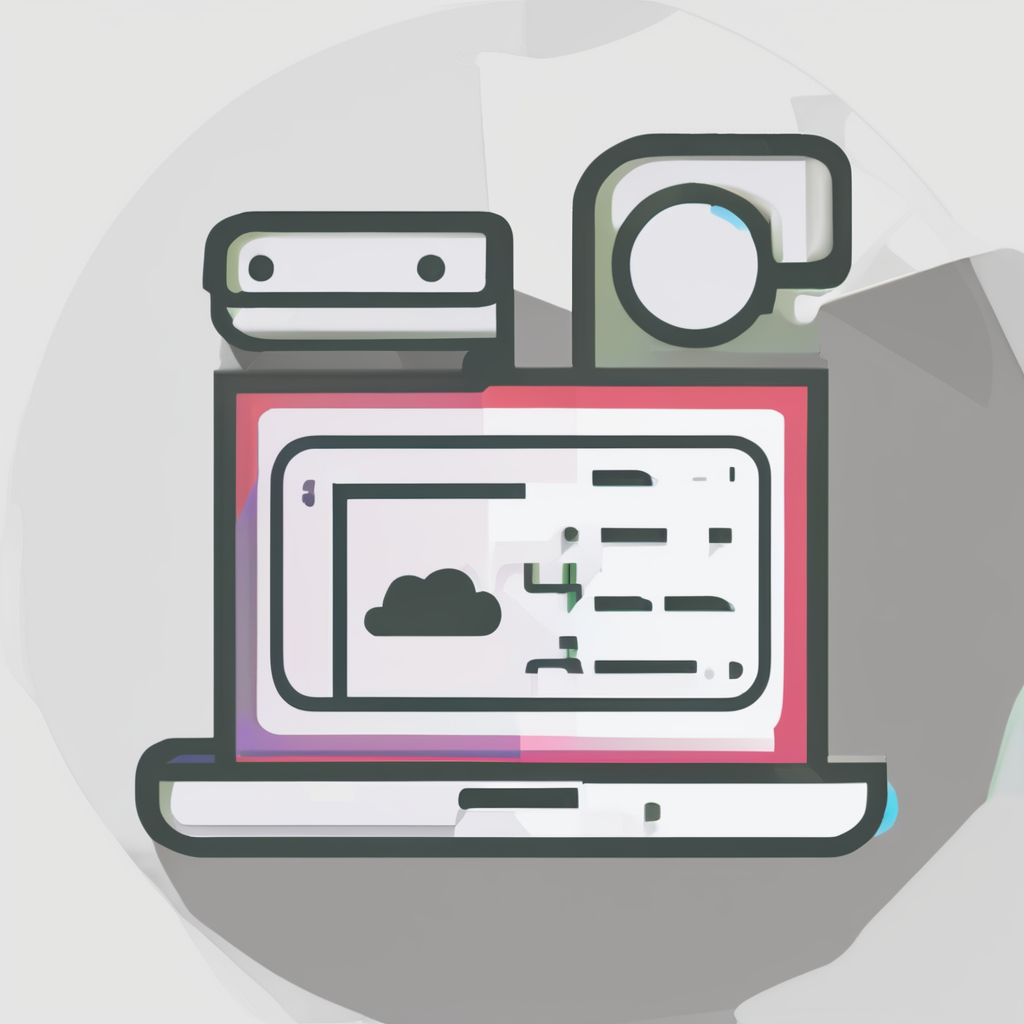Smartphones as the Primary Computing Device in the UK
Smartphones in the UK have cemented their role as the primary computing device for many users, reflecting significant shifts in UK tech trends and digital habits UK-wide. People increasingly rely on mobile devices for tasks once dominated by desktops or laptops. This shift marks a broader transition where mobile usage eclipses traditional computing platforms.
The surge in smartphone use is driven by convenience and accessibility. Social media browsing, messaging, streaming, and online shopping top the list of common smartphone tasks in daily life. Many UK residents turn to their phones for managing emails, banking, and even work-related activities, highlighting how smartphones integrate deeply into both personal and professional spheres.
This might interest you : How Can Consumers Boost Their Smartphone Experience in the UK?
This change in preference offers practical benefits—users enjoy seamless connectivity and on-the-go access without the bulk of earlier devices. As UK tech trends continue evolving, the prominence of smartphones as the primary computing device underscores how digital habits UK-wide are increasingly mobile-first. This pattern aligns with global shifts but also stresses the importance of optimizing mobile experiences for all demographics to meet this growing demand effectively.
How Smartphones Reshape Information Access and Consumption
Smartphones have revolutionized access to information UK, enabling users to receive real-time updates anytime, anywhere. This shift is evident as more UK residents prefer mobile news consumption, relying on apps and mobile search engines to stay informed. The convenience of smartphones allows for seamless access to diverse digital content sources, from social media feeds to dedicated news apps.
Topic to read : What computing advancements are unique to UK smartphones?
With smartphones, reading habits have evolved significantly. Users now tend to consume shorter, more digestible news pieces, often through notifications or headlines presented on their devices. This change emphasizes the importance of digital literacy—critical for discerning credible sources amid the rapid inflow of information. Apps tailored for news consumption enhance user engagement by personalizing content based on preferences, further shaping how information is accessed in the UK.
Moreover, the integration of mobile search within smartphones empowers users to quickly find specific information. As a result, smartphones are not just communication devices but essential tools for daily information access and knowledge acquisition, influencing the overall landscape of how news and data are consumed today.
Communication Evolution: From Calls to Social Connectivity
The landscape of digital communication in the UK has shifted dramatically, emphasizing social media usage and messaging apps over traditional calls. Smartphones, once primarily a calling device, now serve as portals to extensive social connectivity. Platforms like WhatsApp, Facebook Messenger, and Snapchat dominate, making instant messaging the preferred mode for quick, interactive exchanges.
Studies show a steady decline in conventional voice calls and SMS. Users favor messaging apps for their convenience, real-time notifications, and multimedia features, facilitating richer conversations. This shift reflects broader smartphone communication trends, where communication integrates seamlessly with daily life—friends and families share photos, videos, and voice notes instantly, strengthening connections despite physical distance.
Social media usage complements messaging apps by offering public and private interaction spaces. Users engage in community discussions, share updates, and broadcast life moments. Together, these platforms have transformed communication from isolated calls to dynamic, ongoing social engagement.
Key factors driving this evolution include improved mobile internet access, user-friendly app interfaces, and the desire for more expressive communication forms. As a result, the UK’s digital communication landscape is now overwhelmingly centered around messaging apps and social media usage, redefining how we connect every day.
Impact on Daily Tasks, Banking, and Public Services
Mobile banking UK has transformed how people handle their finances. With smartphone transactions becoming the norm, users effortlessly check balances, pay bills, and transfer funds anytime. This boost in convenience significantly enhances daily productivity by reducing visits to physical banks.
Online services extend beyond banking. Many rely on apps to access government portals—filing taxes, renewing licenses, or booking health appointments. These digital gateways simplify otherwise time-consuming public services, making essential tasks more approachable.
Managing personal schedules through smartphones further streamlines busy lives. Calendar apps and reminders help users juggle work, appointments, and family commitments efficiently. As a result, daily productivity benefits from technology seamlessly integrating routine management and financial activities.
The convergence of mobile banking UK, online health services, and task management on smartphones creates an interconnected ecosystem. It empowers individuals to navigate daily responsibilities with ease and confidence, encouraging broader adoption of digital solutions in everyday life.
Smartphones Compared to Traditional Computing
Understanding the smartphones vs computers dynamic is essential to grasp current technology trends. Smartphones excel in portability, offering users instant access to communication, social media, and on-the-go browsing. Computers, both desktops and laptops, dominate in tasks requiring high processing power, elaborate software, and multi-window multitasking.
In the device comparison UK context, younger demographics typically prefer smartphones for everyday activities like messaging, quick web searches, and streaming, while professionals lean toward computers for tasks demanding precision and longer screen time. This preference shift is influenced by lifestyle, occupation, and required functionality.
From a productivity standpoint, computers often provide superior tools for complex work, such as video editing or programming, due to larger screens and advanced peripherals. Conversely, smartphones support casual leisure effectively with mobile apps and games optimized for smaller screens.
The evolving user preferences highlight that many individuals opt for hybrid usage, combining the convenience of smartphones with the power of traditional computers to balance work and leisure efficiently. This trend reflects broader device trends embracing mobility without sacrificing functionality.
UK-Specific Usage Statistics and Emerging Trends
Recent smartphone usage UK statistics reveal that mobile internet penetration has reached over 90%, underscoring how deeply integrated smartphones are in daily life. This high penetration fuels rapid digital adoption rates, with over 80% of UK adults using apps regularly for communication, shopping, and entertainment. Notably, the shift towards 5G connectivity is accelerating, supporting faster data speeds and improved user experiences.
Device ownership trends show a steady increase in multi-device households, combining smartphones, tablets, and laptops. This diversification supports varied digital habits, from streaming video to mobile gaming. App usage patterns highlight growing preference for health and finance apps, reflecting consumers’ expanding interest in managing personal well-being and money digitally.
Emerging technology trends UK emphasize advancements in AI integration and seamless device synchronization, projecting a future where computing habits become even more fluid and context-driven. Experts predict that by 2025, smart devices will anticipate user needs proactively, transforming everyday interactions.
These shifts not only alter the digital landscape but also drive innovation in app development and connectivity solutions, shaping how UK users engage with technology now and in the future.


